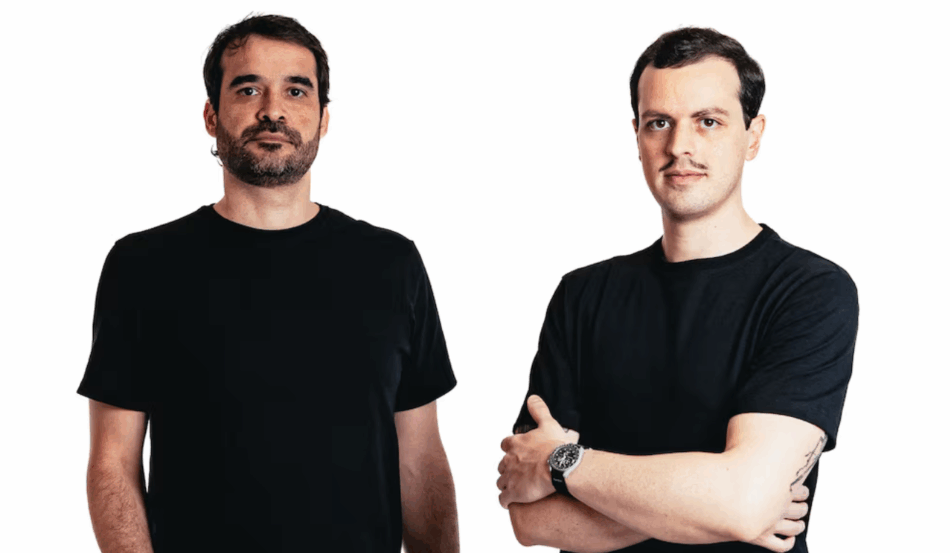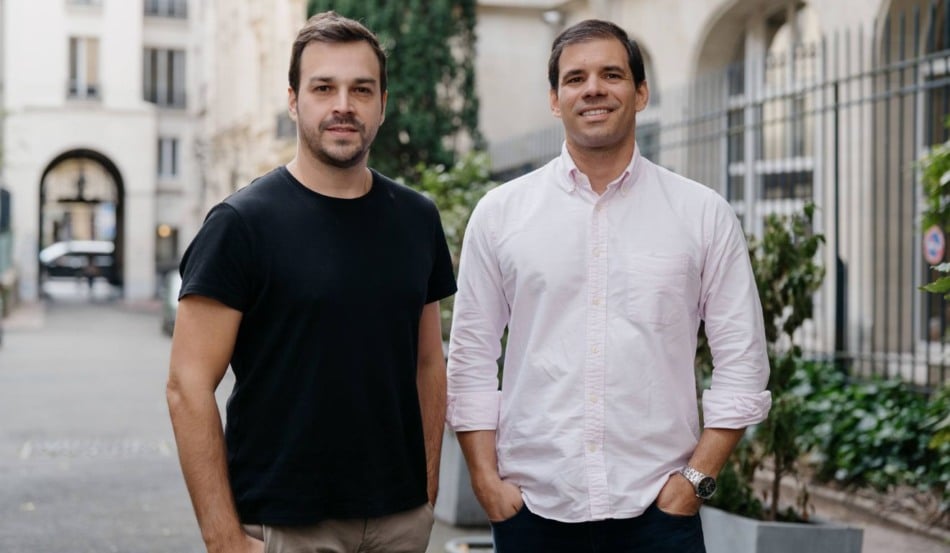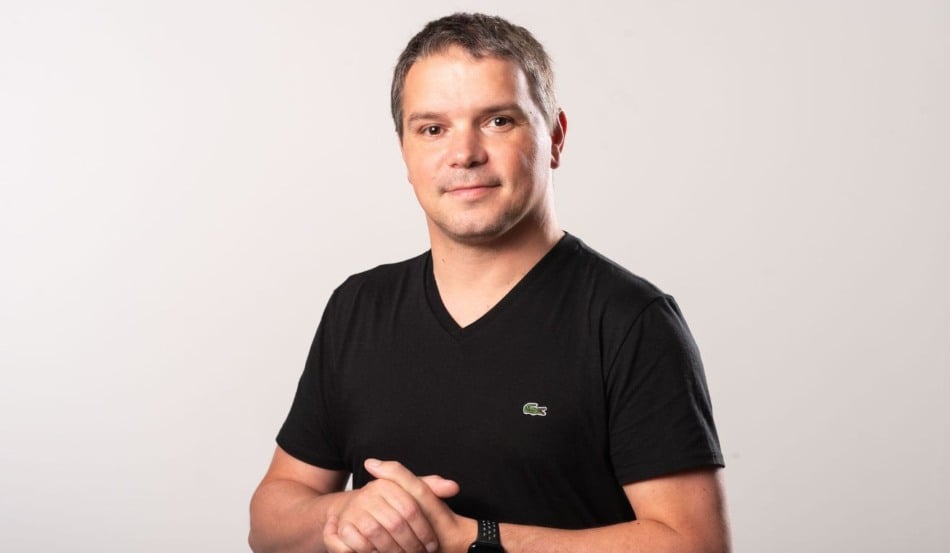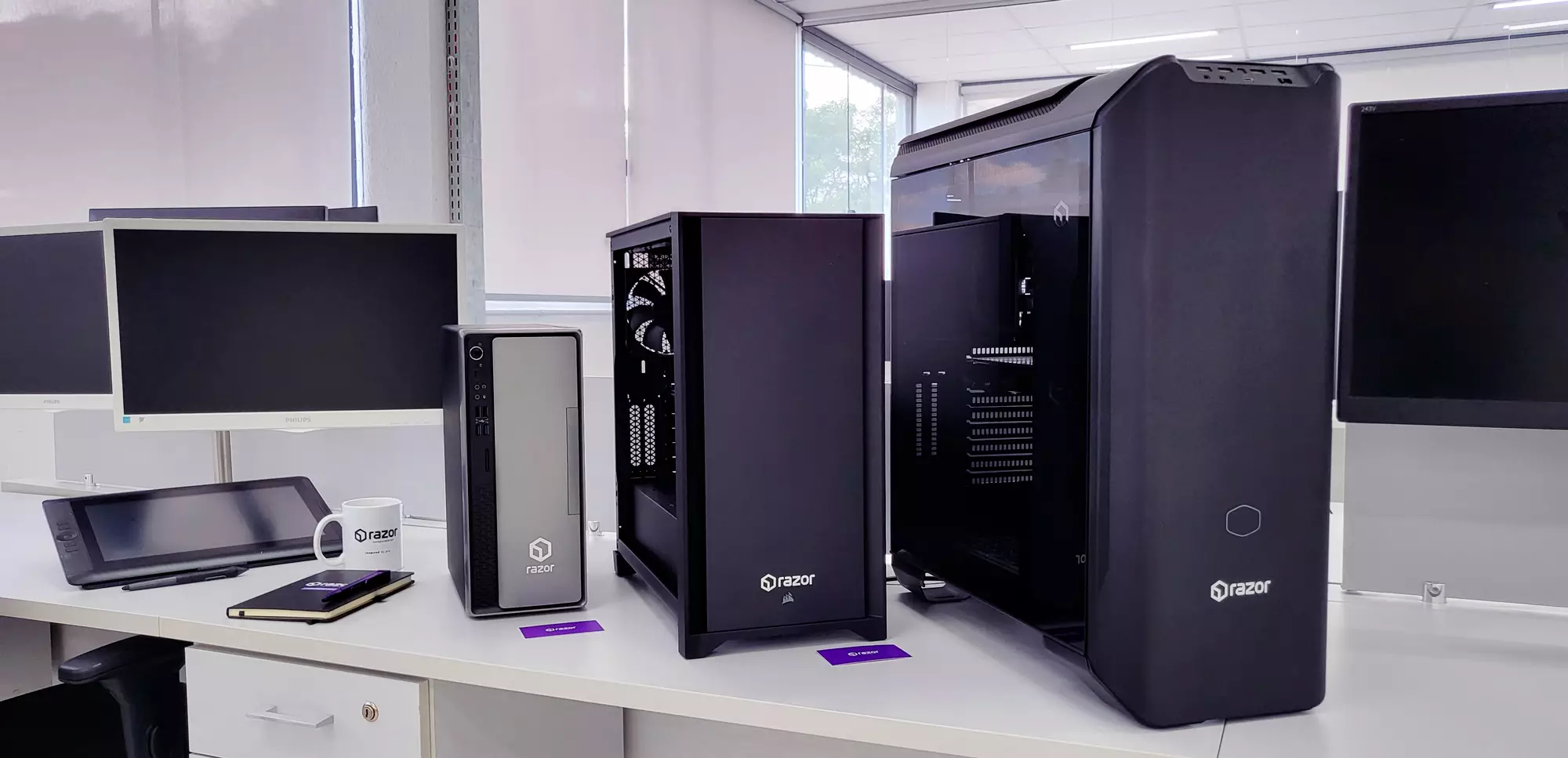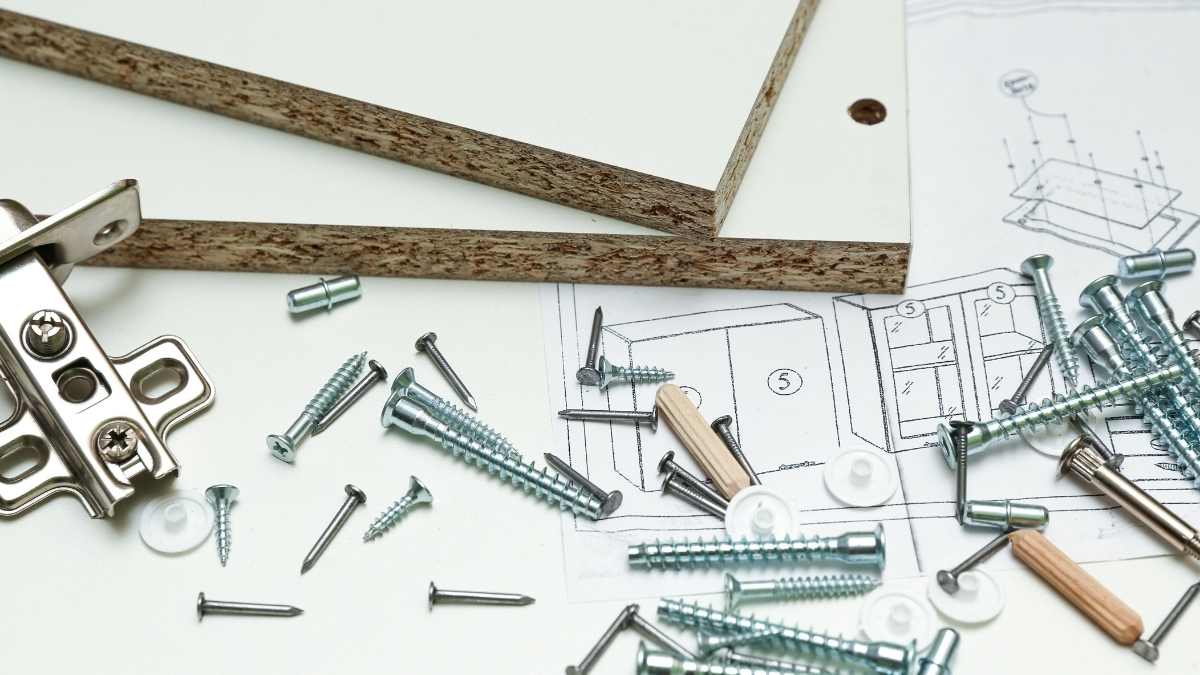
MadeiraMadeira announced it has acquired the Brazilian operations of Argentinian funiture assembly services startup IguanaFix. The deal is the second acquisition for MadeiraMadeira and will enable the Brazilian furniture unicorn to broaden its offering to consumers.
Initially, the service will be available in stores in São Paulo and will later be expanded to the rest of Brazil and other sales channels.
In addition to the additional convenience to customers, the startup expects to increase its average purchase ticket, which is crucial for retail businesses.
According to MadeiraMadeira’s financial director Carlos Eduardo Baron, aka Cadu, the startup undertook a trial in twelve physical stores of the furniture firm in São Paulo, in a period of 90 days.
During that period, Iguana’s services were hired a 1,000 times, which, according to Cadu, yielded a much higher conversion rate than expected. Satisfaction with the service was also very high, according to the executive. “We concluded the model makes sense and is scalable”, he noted.
The idea is to employ technology to ensure service quality. Assembly teams will take photos for each step of the process to keep track of all the steps of service provision, in case of eventual inquiries from the customers.
The company is currently evaluating the possibility of offering the assembly service even after the furniture has been purchased. “Sometimes people can change their minds even after they have received the item. It will be necessary to assess whether there was an attempt to assemble [the item], which could damage parts, but that may be an option”, Baron said.
According to the financial director, the focus for now and in the foreseeable future will be on furniture assembly. But, at some point, MadeiraMadeira may expand the scope, including the development of other types of services to its customers.
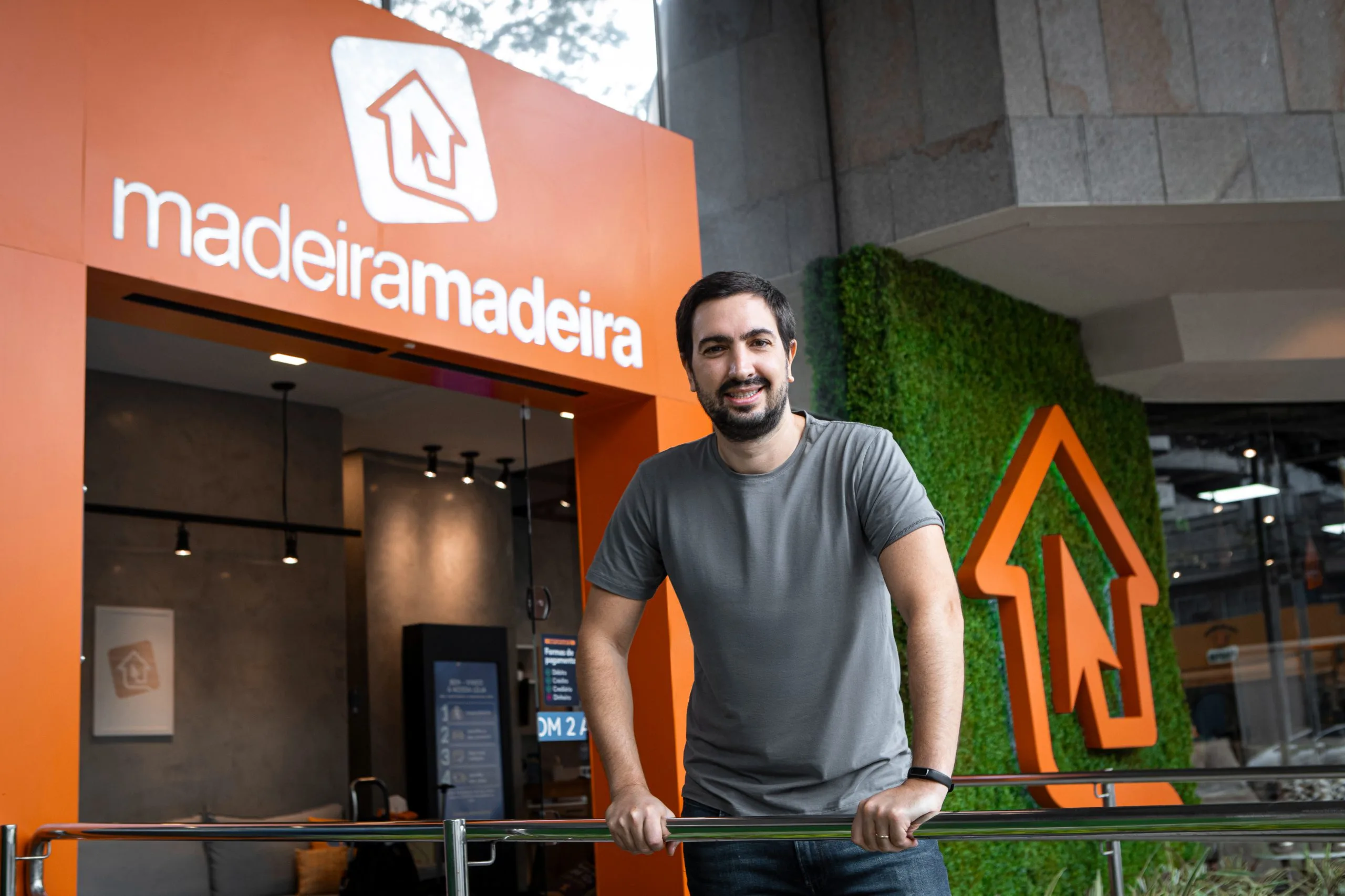
IguanaFix: the background
Surfing the wave of the increase in professional cleaning, maintenance and small renovation services – a segment in which other Brazilian companies such as GetNinjas are also active – IguanaFix was founded in Argentina in 2013.
Its Brazilian operation employed 10 people serving a registered base of 30,000 service providers, of which 12,000 are based in São Paulo alone. But these professionals will have to be retrained. The reason: about three years ago, the company changed its business model and became a software services provider for companies.
Since its inception, IguanaFix has raised $20.7 million across 4 rounds, according to Crunchbase data. Among its investors are Singapore’s sovereign wealth fund Temasek; Qualcomm Ventures; Endeavor Catalyst; Riverwood as well as appliances company Stanley Black & Decker.
How MadeiraMadeira is handling the downturn
Life ain’t easy for retail considering all the global and local turmoil but, according to Cadu, the year has been good so far for MadeiraMadeira, as the company managed to obtain market share gains.
“These are the moments when the strength of operating without stock is demonstrated, by leveraging on scale and technology. We were not happy with the recent situation, but we managed to stand out in a relevant way. [Negative market developments] happened in 2016, 2017 and it continue to happen now”, he said.
According to him, Madeira is not one of those unicorns that burns cash. The company has a positive cash flow, which grows in the same rhythm the company grows. In 2020, it even had a positive Ebitda – a real luxury in this market. Last year, however, with heavy investment in expanding its brick-and-mortar operation, with the launch of over 100 stores, the situation changed.
Speaking of investments, Cadu guarantees that Madeira is in a comfortable position and doesn’t need a new round of funding 12 months after its most recent fundraising effort – in which, by the way, the startup reached unicorn status.
Asked if the company is planning to purchase Etna, another Brazilian furniture store chain which ceased to operate at the end of March, the executive said conversations did not take place, but also that the asset did not fit the Madeira model. According to the executive, the company saw no direct benefit from the competitor’s end of operations.
“We are being careful not to contaminate our operations with the traditional model, based on inventory and large stores. That can be dangerous in the long run. We always think a lot before taking a new step”, he noted.
In Cadu’s vision, the furniture retail in Brazil is still very fragmented, with over 40,000 retailers active in the segment. Etna was one of the biggest, but was still very small. Something very much like Madeira itself, which has a strong presence online and has gained ground offline, but still has a small share of the furniture market.
(Translation by Leandro Miguel Souza, editing by Angelica Mari)


